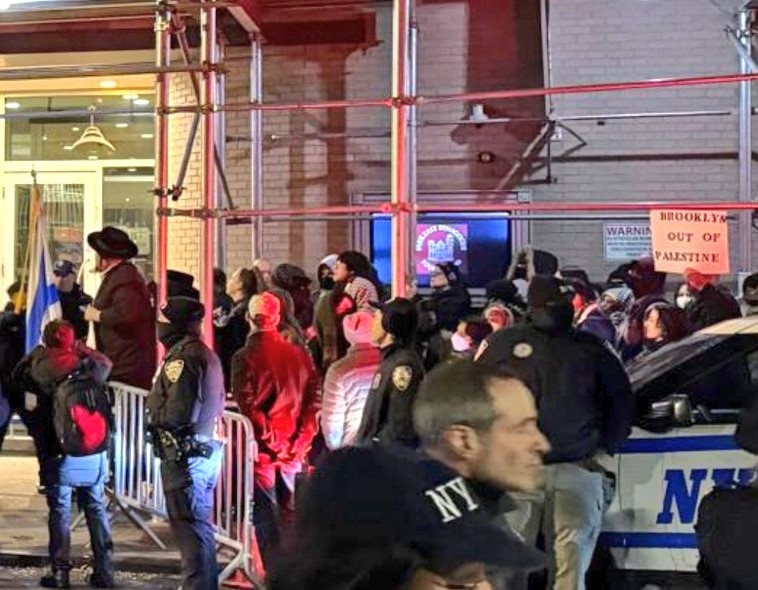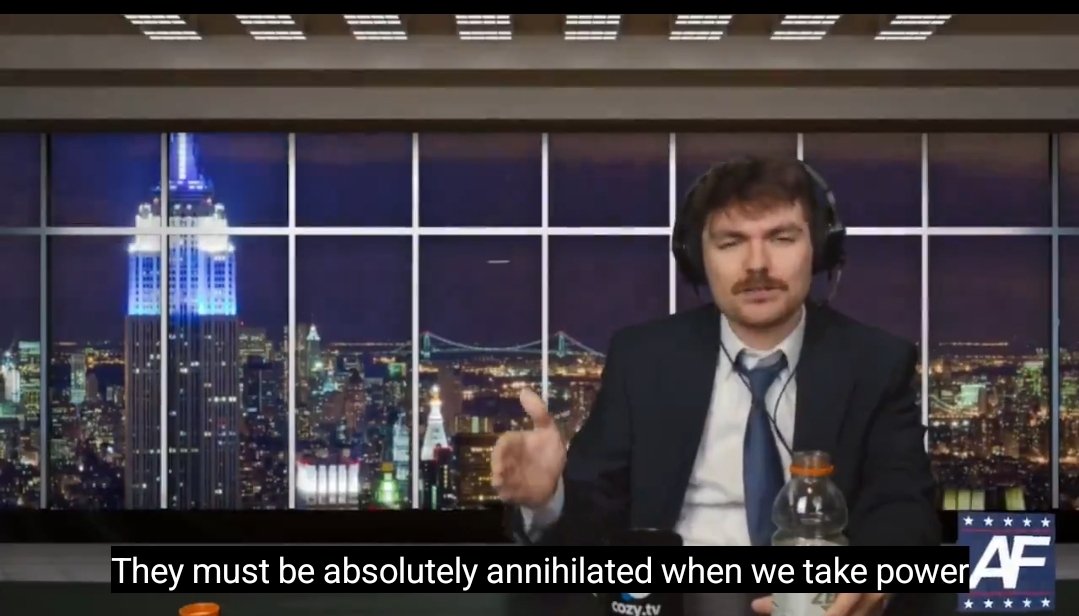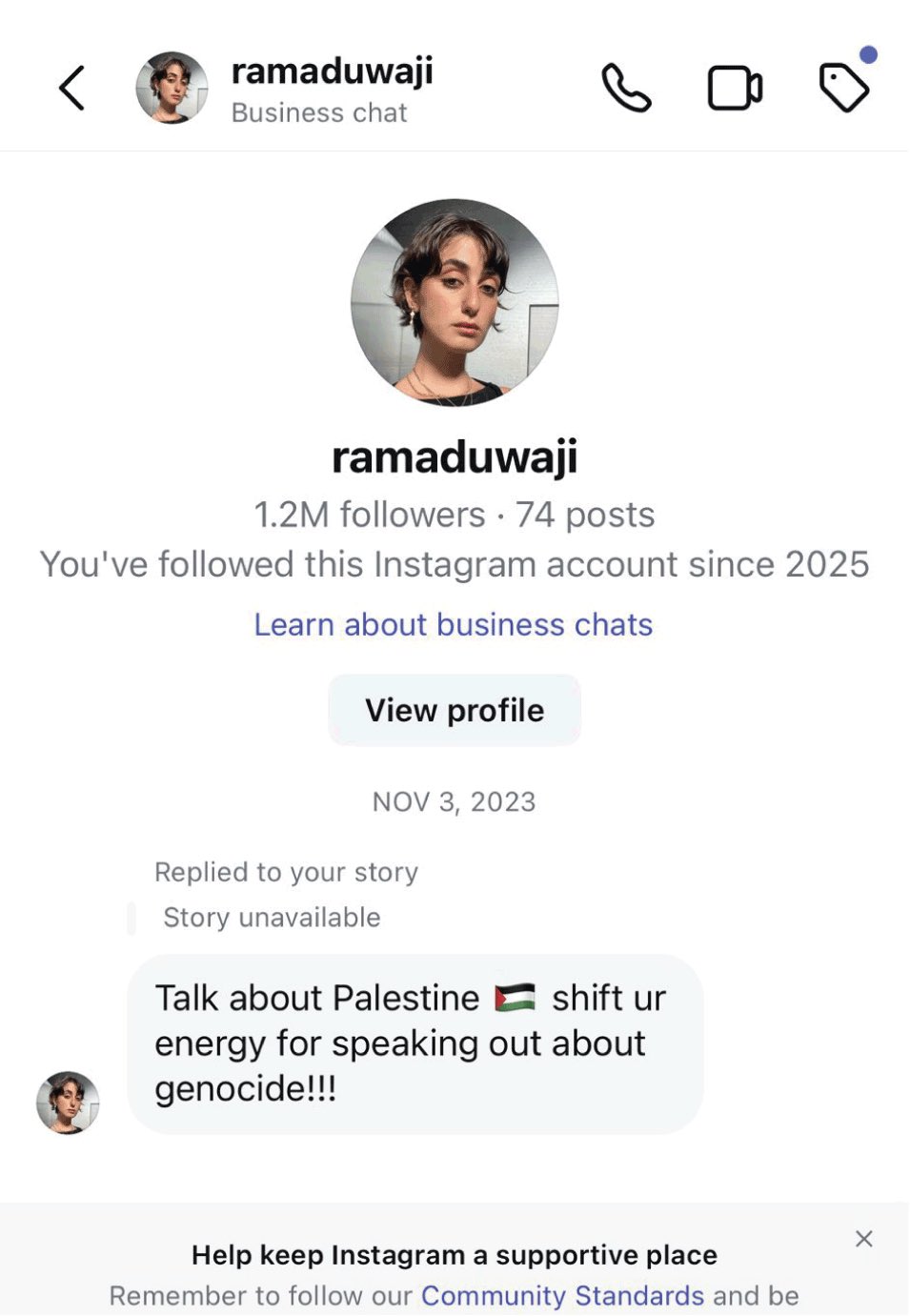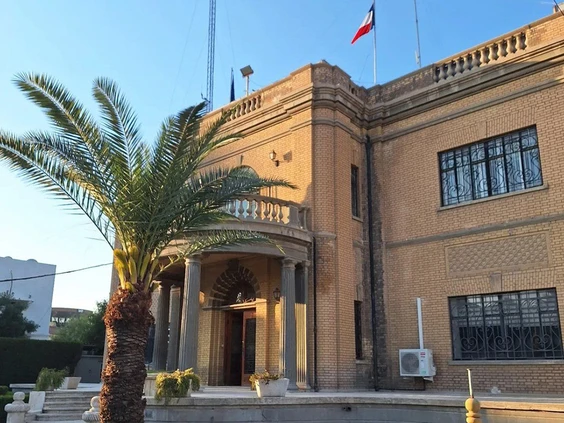By Danielle Arfin
Yesterday, Charlie Kirk, an outspoken conservative activist and founder of Turning Point USA, was shot and killed during a public campus event at Utah Valley University in what Utah’s governor called a political assassination. He was 31. Kirk’s death cuts short a life defined by fierce conviction. He used his massive platform not just for political activism, but to stand with the Jewish people and the State of Israel, speaking out consistently against antisemitism and seeking to ensure that a broad audience understood Israel’s cause.
From his early days organizing on college campuses, Kirk made his support for Israel central to his message, often denouncing boycotts targeting the Jewish state and calling out antisemitic rhetoric in universities and public discourse. Israeli leadership mourned him deeply. Prime Minister Benjamin Netanyahu described Kirk as “a lionhearted friend of Israel,” saying that he “fought the lies and stood tall for Judeo-Christian civilization,” as reported by Reuters.
Kirk was participating in his “American Comeback Tour,” speaking under a tent at UVU in his signature “Prove Me Wrong” format when, about 20 minutes into the event, in front of some 3,000 attendees, he was struck in the neck by a bullet. He was rushed to the hospital but did not survive. Authorities have recovered the high-powered bolt-action rifle believed to have been used, and released images of a person of interest described as college-aged, wearing a black long-sleeve shirt with an American flag design, sunglasses, and a cap. Investigators believe the shooter fired from a rooftop about 200 yards away from where Kirk was speaking and have obtained surveillance footage showing an individual moving up stairwells to reach the roof.
A reward of $100,000 has been offered for information leading to an arrest. Two people who were initially detained have been released after law enforcement confirmed they were not involved, and the suspect remains at large. Officials have warned that misinformation and conspiracy theories are spreading rapidly online as the investigation continues.
There has been widespread grief and condemnation of the killing. Political leaders across the spectrum in the United States and abroad expressed sorrow, while Israeli officials again emphasized how much Kirk’s advocacy for their nation meant to them. The Jerusalem Post noted that in Israel he was remembered not merely as a political ally but as a defender of the Jewish people against rising antisemitism.
Yet amid the mourning came a darker response: a flood of social media posts celebrating his death, mocking him, or justifying the assassination on ideological grounds. These reactions have been condemned as deeply immoral, revealing the poisonous extremes of polarization where even the loss of human life becomes a point of celebration. To cheer the silencing of a human being, especially one known for calling out hatred, is to embrace the very hatred that corrodes public life.
Kirk leaves behind a wife, two young children, and a movement of supporters who will carry on his work. As The Times of Israel observed, he will be remembered as a courageous advocate who defended Israel and used his voice to push back against antisemitism on the global stage. In this tragic moment, his death stands as both a warning and a call: a warning against the escalation of political violence, and a call to ensure that voices of conviction are not silenced by hate.







